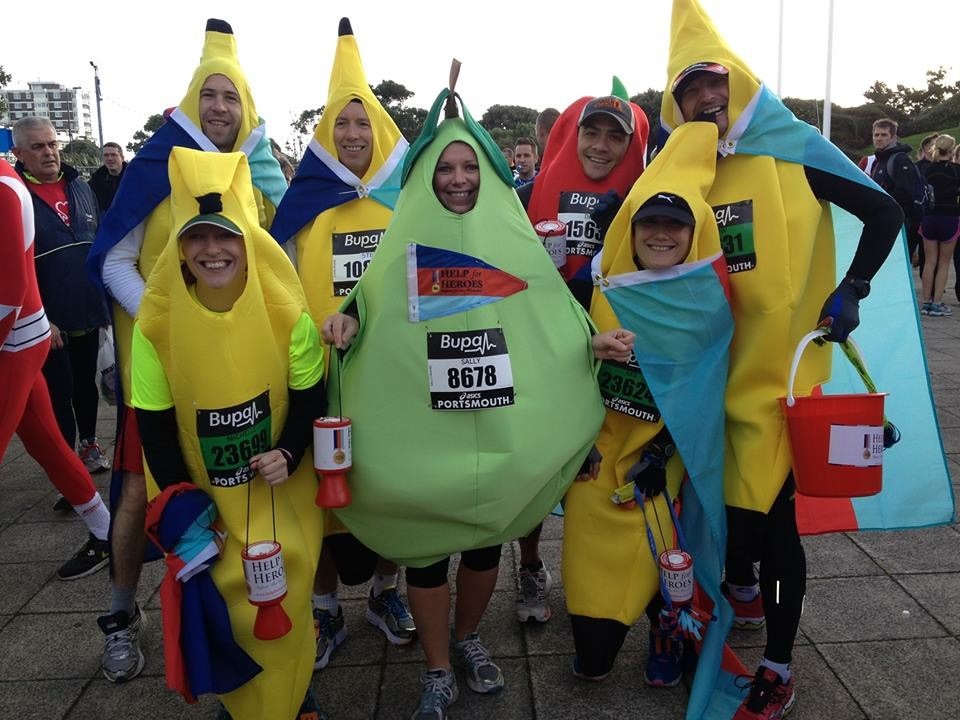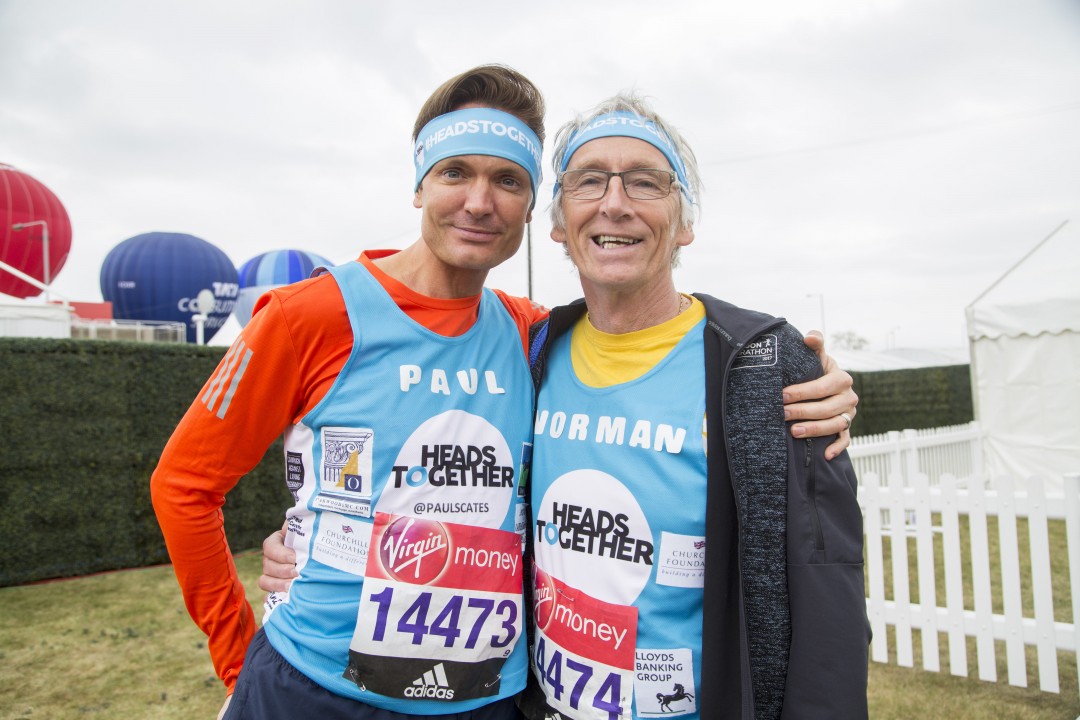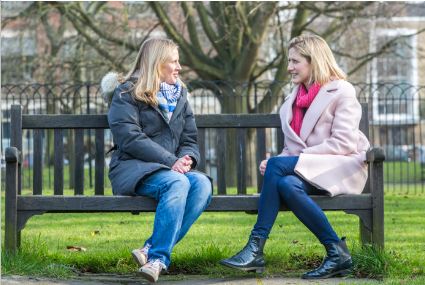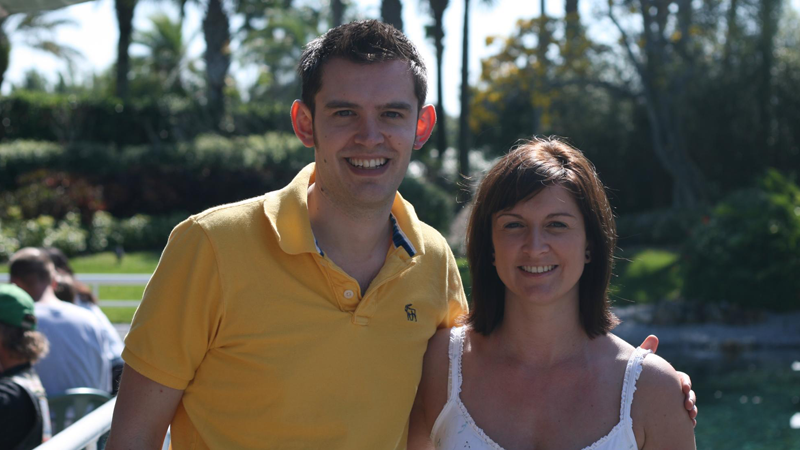 7 marathons on 7 continents, dressed as 7 different pieces of fruit-that’s the challenge I’ve set myself. In 2007, I ran my first London marathon and to make it more fun I ran it dressed as an orange, as that’s my surname. Since then, I’ve gone on to run over 20 marathons, 9 of which have been dressed as different pieces of fruit, including a marathon in Afghanistan dressed as a banana. It helps you see the fun side when you’re running along and see the excitement on a child’s face when they see a piece of fruit running past. Hopefully it also inspires young people to participate and shows that sport can be fun and doesn’t have to be competitive. There can be a lot of pressure on what time you are aiming to finish in and so when people ask what time I’m aiming for I say ‘I’m just going for the time of my life’.
7 marathons on 7 continents, dressed as 7 different pieces of fruit-that’s the challenge I’ve set myself. In 2007, I ran my first London marathon and to make it more fun I ran it dressed as an orange, as that’s my surname. Since then, I’ve gone on to run over 20 marathons, 9 of which have been dressed as different pieces of fruit, including a marathon in Afghanistan dressed as a banana. It helps you see the fun side when you’re running along and see the excitement on a child’s face when they see a piece of fruit running past. Hopefully it also inspires young people to participate and shows that sport can be fun and doesn’t have to be competitive. There can be a lot of pressure on what time you are aiming to finish in and so when people ask what time I’m aiming for I say ‘I’m just going for the time of my life’.
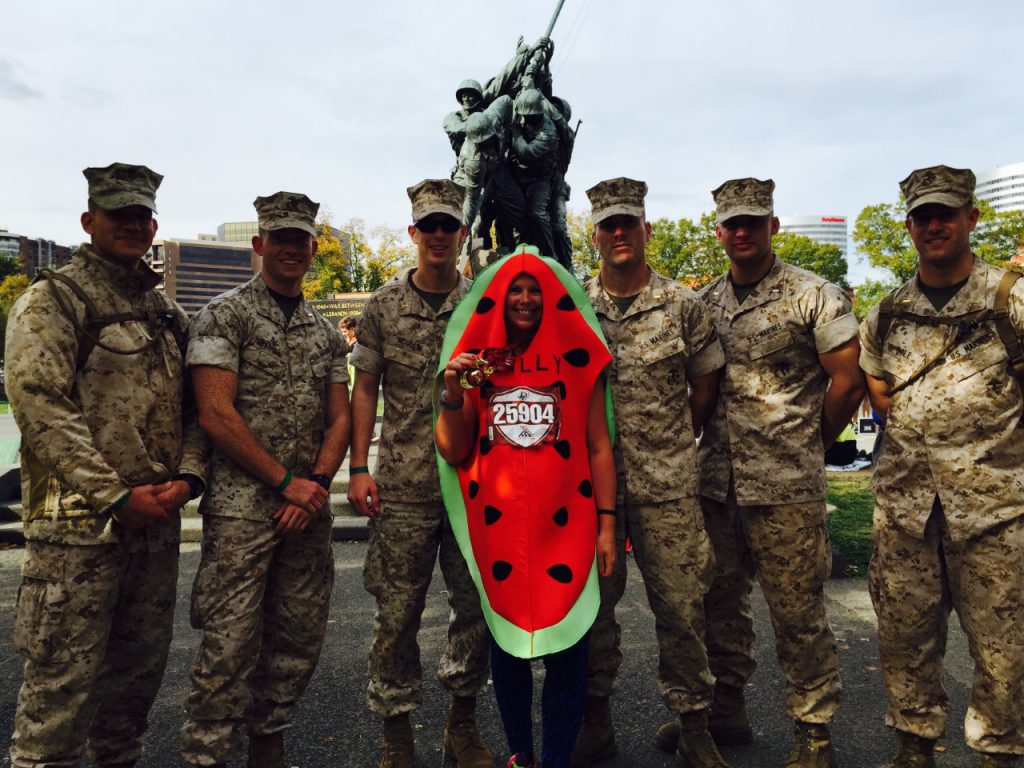
A big part of the training and the marathon itself is the mental barriers that you have to overcome. One way I look at it is that if your parent or child was 26.2 miles away and trouble or danger and you had to get to them, then you would get to them. You would keep going until you were there and find that strength. Not everyone would get there at the same time but that doesn’t matter, they’d get there in the end.
Signing up to challenges like the London Marathon really helps give you a goal to focus on, which is also an important factor for your mental health. The atmosphere at the London Marathon is absolutely incredible. It’s such an inspiring event whether you are running it or there to support someone and it’s so humbling to see all the fantastic charities that people are running for.
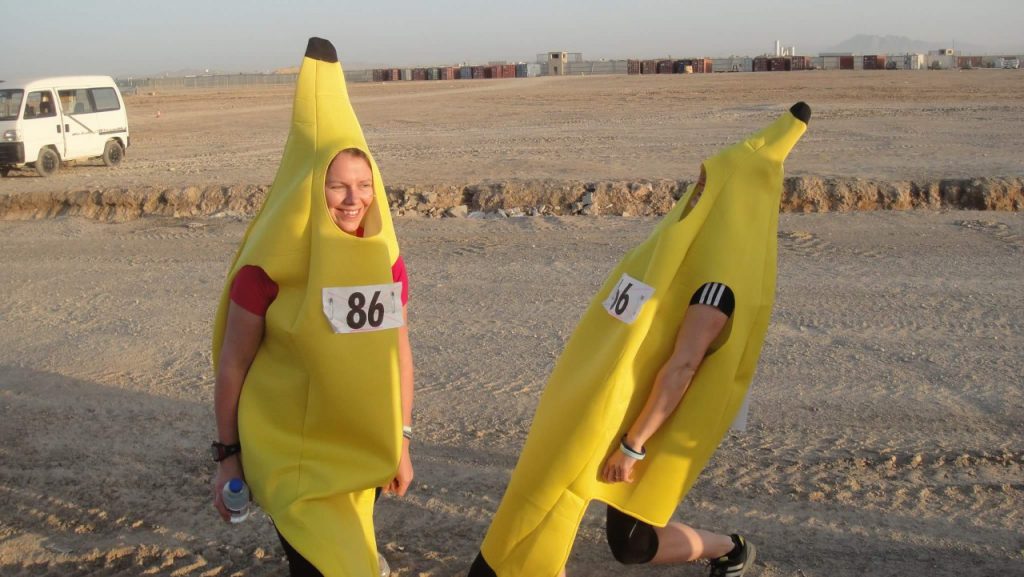
This will be my 10th anniversary of running the London Marathon and Team
Endeavour Running Club has inspired me to run for mental health this year. I wanted to run for Heads Together because I feel it’s so important to work towards breaking down the stigma that surrounds mental health. Recently I was having a conversation with someone who was suffering from depression who told me that they wished they hadn’t come back from Afghanistan. Then they wouldn’t have to put their family through the trauma of knowing that they want to take their own life but at the same time they would no longer have to live with the daily battle of incessant negative thoughts going on in their head.
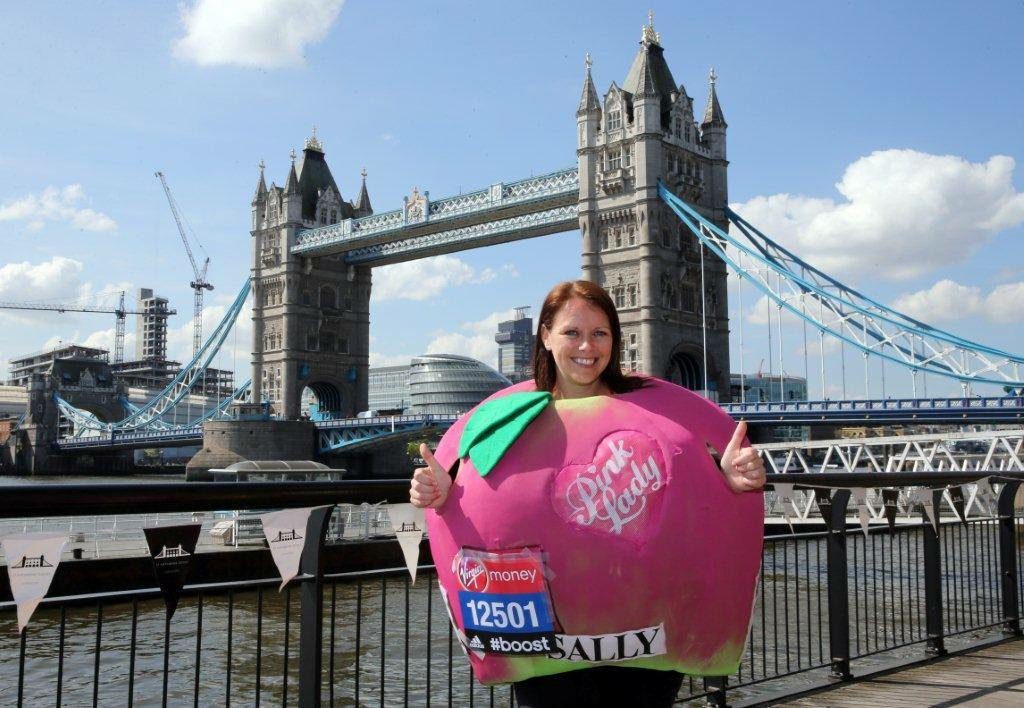

It’s conversations such as these that remind me how important it is to keep working towards ending the stigma around mental health and to ensure that people become aware of the fact that help is available. Speaking about your mental health for the first time can be incredibly difficult, especially if it isn’t received in a way that you might expect it to be. It’s fantastic however, to see those that do talk about their experiences can have really positive responses even when they might not have thought the opposite.
Throughout my career as a Physiotherapist I have met lots of people with  amputations and know very well that no two amputations are the same. It’s the same with mental health. Even if two people have been given the same diagnosis, they will not be affected in the same way. That’s the beauty of being a human, we’re all different. We must also keep reminding each other that it isn’t a certain type of person or situation that causes people to struggle but actually, anyone can struggle with their mental health whatever their age, background or circumstances as mental health does not discriminate.
amputations and know very well that no two amputations are the same. It’s the same with mental health. Even if two people have been given the same diagnosis, they will not be affected in the same way. That’s the beauty of being a human, we’re all different. We must also keep reminding each other that it isn’t a certain type of person or situation that causes people to struggle but actually, anyone can struggle with their mental health whatever their age, background or circumstances as mental health does not discriminate.
